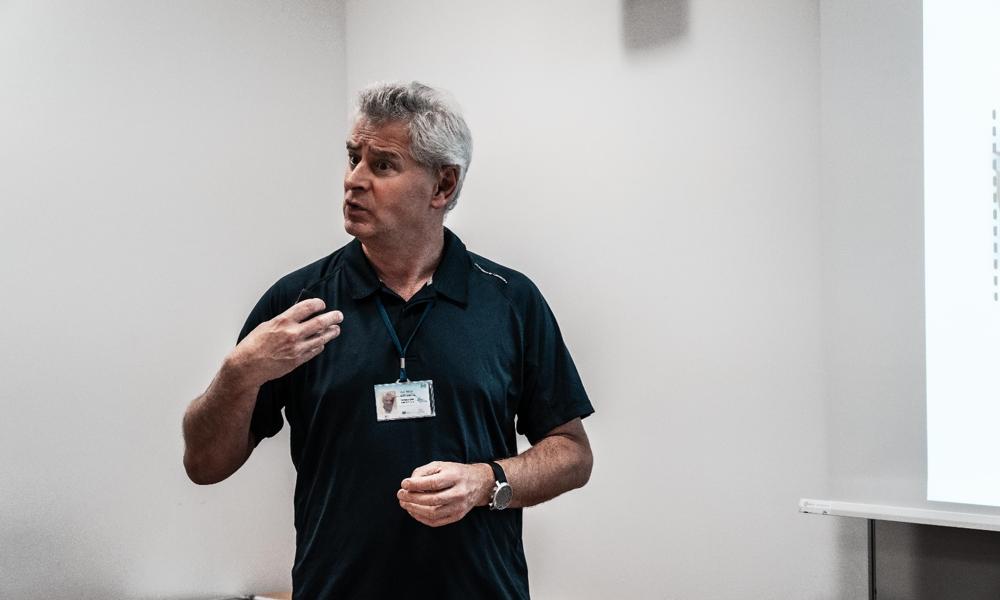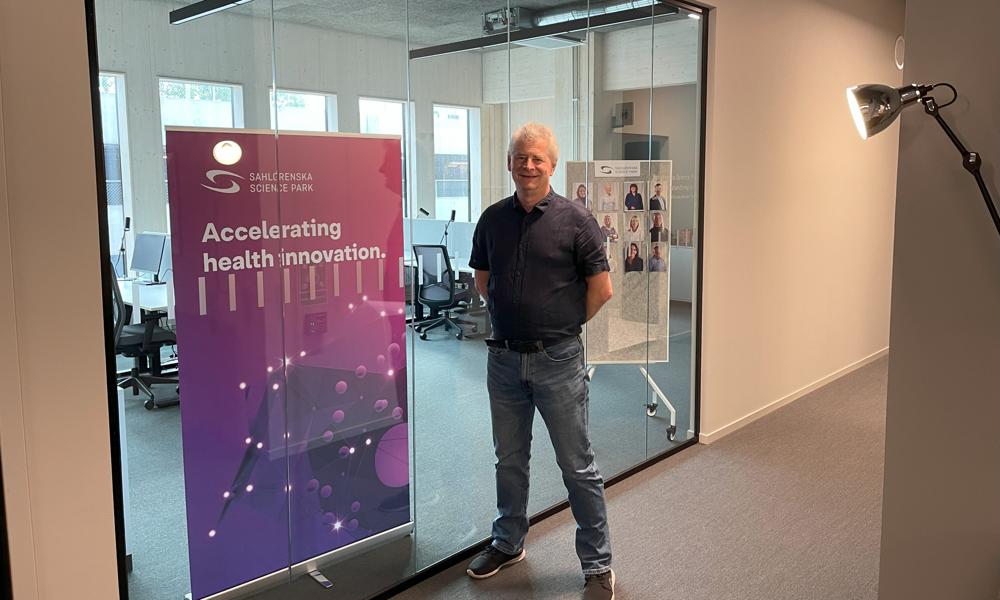In June last year, many eyebrows were raised when it was announced that Mikael Kubista, co-founder and principal owner of Tataa Biocenter, suddenly left his post without further explanation. A lawsuit filed with the Gothenburg District Court provides a glimpse of the events, and it’s not pretty.
AnnonsAt the time of his exit, Mikael Kubista wrote on LinkedIn that he was sad to leave his company after 22 years, but that “time flies and the world changes. When we accepted investments to switch to regulated bioanalysis, we recognised that we needed to change the way the old Tataa worked”. He finally concluded by wishing the new management good luck.
However, judging by the filed lawsuit, his parting with the company was far from amicable. In effect, he was dismissed, lost his entire shareholding in the company, and was accused of deliberately trying to act maliciously against the new owner company.
The lawsuit is not filed against the company’s new owners, but against the law firm that Mr Kubista and the other owners hired during the transaction. However the case documents also reflect the actual process of the takeover, which is a tangled web of complicated arrangements and finely written paragraphs that not only raise ethical and business issues, but also highlight differences in the approach of foreign and local investors to the companies they invest in.

Tataa Biocenter was founded in 2001 by Mikael Kubista, then Professor of Molecular Biotechnology at Chalmers University of Technology, along with a number of colleagues. The company quickly made a name for itself in PCR technology – a method used to search for disease-causing agents in samples.
In connection with the outbreak of the pandemic, the company, still headed by Kubista, was the first in Sweden to carry out Covid tests, and the business expanded. In 2021, Tataa was included in Deloitte’s ranking of Sweden’s most rapidly expanding tech companies. By then, the company had established itself as one of western Sweden’s major life science stakeholders.
AnnonsGradually, the company’s management realised that it needed more capital to expand into new areas of cell and gene therapies. Therefore, in the autumn of 2020, Tataa entered into discussions with the American investment company Care Equity.
According to the lawsuit, what happened next is, in short, the following.
The discussions resulted in a proposal whereby Care Equity would make an investment and thereby indirectly obtain a majority stake in Tataa. Meanwhile, Kubista, employees, and key persons at Tataa, would keep an indirect minority stake.
One requirement was that Tataa’s Covid testing business should be separated from the company, as Care Equity was not interested in it. Another requirement was that only people who were active in the company would remain as owners, while others would be bought out.
Since Mikael Kubista found the arrangement complex, he contacted the law firm Glimstedts (which was incorporated into Norma Advokater in 2022), which accepted the assignment of representing and advising Tataa’s then-owners during the negotiations.
Assisted by the law firm, Kubista procured a company which, according to the arrangement, would sell Tataa and then become a partner in a new company, Bioholdings LP, established by Care Equity to hold the ownership of Tataa.
An agreement was signed, and on 30 April 2021, Bioholdings LP took ownership of Tataa. Kubista and other “old” owners obtained shares in the company through their holding company.
AnnonsSo far, everything had gone according to plan.
The ensuing turmoil is complicated and stems from a misunderstanding by the lawyers involved about how to restructure the Covid testing business. Mr Kubista and the other shareholders were advised to set up a second company to remedy the mistake.

Then, as advised by the law firm, Mikael Kubista and the owners carried out a so-called upstream merger between the two companies, whereby the first one – the one created to co-own Bioholdings LP – would be dissolved.
Under Swedish law this means that the acquiring company takes over all the rights and obligations of the dissolved company.
In an email on 24 January 2023, the plans to absorb the first company were presented to Care Equity’s Swedish lawyer, who did not raise any objections.
On 1 February 2023, the merger was completed, but this turned out to be a fatal mistake.
The agreement with the American company contains a clause stating that no transfer of shares in the company may be made to another party without the written consent of Bioholdings LP. According to the lawsuit, Mikael Kubista was not aware of that and had not been informed by his lawyers.
The response from the US company was brutal.
On 11 June, Mikael Kubista was dismissed as CEO of Tataa. A new board was elected, and Mr Kubista and two other members were dismissed and accused of cheating the company in carrying out the upstream merger.
The remaining shares in the post-merger company – reportedly worth around SEK 77.5 million at the time – were declared forfeited and, therefore, lost all value in Kubista’s holding company, which was also in accordance with the agreement.
AnnonsIn a letter to Kubista dated 13 June, Peter Batesko, CEO of Care Equity, wrote that the company will seek compensation for all damages and “do not intend to absolve you of any liability”. The letter ends by reminding Mr Kubista of the restrictions and undertakings he is still bound by under the agreement.
Today, Tataa’s website has no mention of the company’s founder and his contribution to the company’s development – all such material has been deleted, including the links to the scientific articles he published.
In an email to the editors, Tataa Biocenter, via a communications agency, gives the company´s view on why it happened. ”Mikael himself requested that his name and image be removed from Tataa's website and materials on June 15, 2023. We complied with his request.”
For Mr Kubista and the other stakeholders, who no longer had a stake in Bioholdings LP, only one option remained to reduce their loss: to sue their legal advisers.
According to the lawsuit, the merger would never have been carried out without written consent if the law firm had “acted with the diligence and care” that could be expected and had provided the correct advice.
The claim seeks to have the district court order the law firm to pay damages for negligent advice equivalent to the entire amount lost, i.e. SEK 77.5 million plus interest.
In its defence, Norma Advokater primarily requests that the case be dismissed and instead be settled by an arbitration institution in accordance with the company’s general terms and conditions.
AnnonsEven if the district court were to hear the case, the law firm denies having acted negligently and argues, among other things, that it was not Norma’s responsibility to find out which contractual creditors were affected by the merger or whose consent needed to be obtained. The firm also argues that any liability for damages should be limited to SEK 5 million.
The legal process is ongoing.
Life Science Sweden has contacted Mikael Kubista, who declined to comment on the events related to the takeover of Tataa.
Footnote: After the article was published, Tataa Biocenter submitted comments, and the text has been changed in two respects: firstly with the correct date of the so-called upstream merger (February 1, 2023), and secondly with Tataa's explanation why Mikael Kubista's name and image no longer appear on the company's website.
